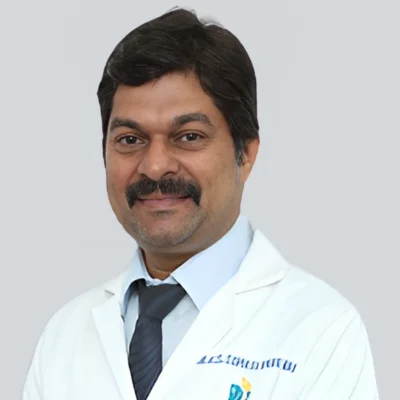Services
Paediatric Diarrhoea
Understanding Paediatric Diarrhoea:
Diarrhoea is a condition that results in loose, watery stool output several times in a day. In most cases, this condition naturally goes away after a few days. Diarrhoea that lasts for several days, though, can lead to dehydration, which can be a potentially lethal outcome for infants and young children. This is because, during episodes of this disorder, your child’s body loses the fluids and electrolytes that they need to function.
You must definitely call your doctor right away if your child is suffering from diarrhoea for over 24 hours, especially if it continues in combination with a fever.
Common Causes of Paediatric Diarrhoea:
In most cases, the exact cause of Paediatric diarrhoea is not always found. However, there are a few common causes that can lead to this disorder, which includes:
- Consumption of too much fruit or fruit juice
- Use of antibiotics or other medications which may not suit the child
- Allergic reaction or a sensitivity to certain food items
- Dietary changes
In rare cases, severe paediatric diarrhoea can occur due to:
- Inflammatory bowel disease (IBD)
- Bacterial infections
- Viral infections
- Parasites
- Malnutrition
- Improper food preparation
- Poor hygiene
Common Symptoms of Paediatric Diarrhoea:
Most infants tend to produce loose stool, so one-off instances of this symptom need not be a cause for concern. However, a sudden and persistent increase of watery stool, if combined with congestion or fever, can be a sign of Paediatric diarrhoea. Other symptoms that can indicate this disorder includes:
- Abdominal pain or cramping
- Nausea
- Urgency to use the bathroom, or loss of bowel control
- Fever and chills
- Dehydration
Symptoms of Dehydration To Keep In Mind:
Dehydration is a state where your child’s body no longer has enough fluids to work properly. Dehydration can progress rapidly when your child is suffering from Paediatric diarrhoea, and can lead to serious health complications if not treated quickly. Common symptoms include:
- Excessively dry mouth
- Dry/sunken eyes
- Sunken cheeks
- No tears when crying
- Irritability
- Dry skin
- High fever
- Unconsciousness
Treatment of Paediatric Diarrhoea:
Paediatric diarrhoea treatment will depend on the cause and the severity of your child’s disorder. In severe cases, your child may need to stay in the hospital if they are experiencing chronic diarrhoea or dehydration, so that they can be given fluids containing electrolytes which will help restore their body’s balance. Whatever the treatment protocol suggested, it is essential that you follow your doctor’s advice carefully. You should make sure to avoid giving your child any kind of food or liquids that can trigger or aggravate Paediatric diarrhoea.
The Apollo Clinic Experience:
Paediatric diarrhoea can be a very dangerous disorder for your child to suffer. Get in touch with one of our specialists immediately if they have had diarrhoea for longer than 2 days. Our specialists will run your child through a series of blood test, stool culture, allergy tests as well as any other tests that may be required.
In addition, our centres are well prepared to tackle all forms of paediatric diarrhoea, including fever, bloody diarrhoea, severe diarrhoea, diarrhoea accompanied by vomiting or abdominal pain. We also have all the necessary treatment protocols to help your child successfully fight off the effects of dehydration. If you feel that your child may be suffering from diarrhoea, don’t hesitate to get in touch with one of our specialists immediately.










.png)
